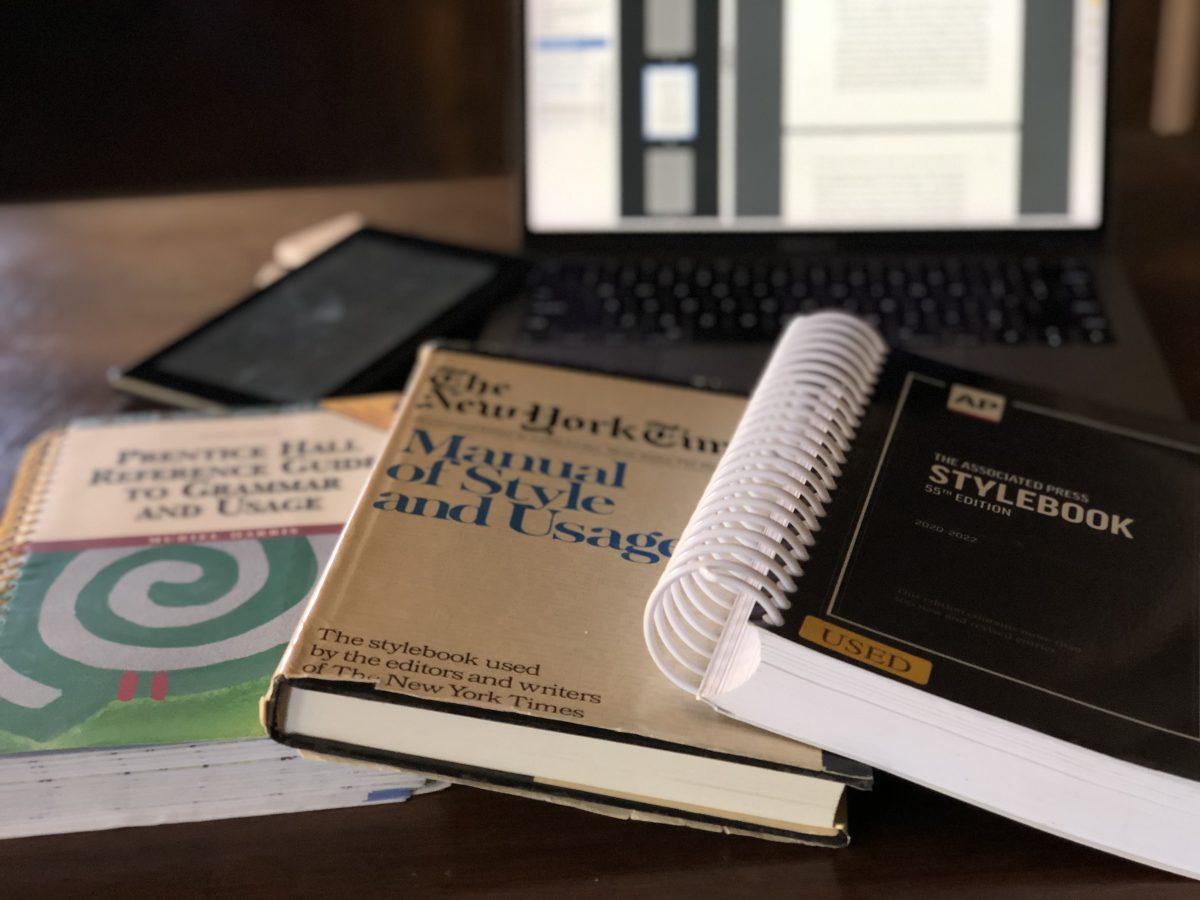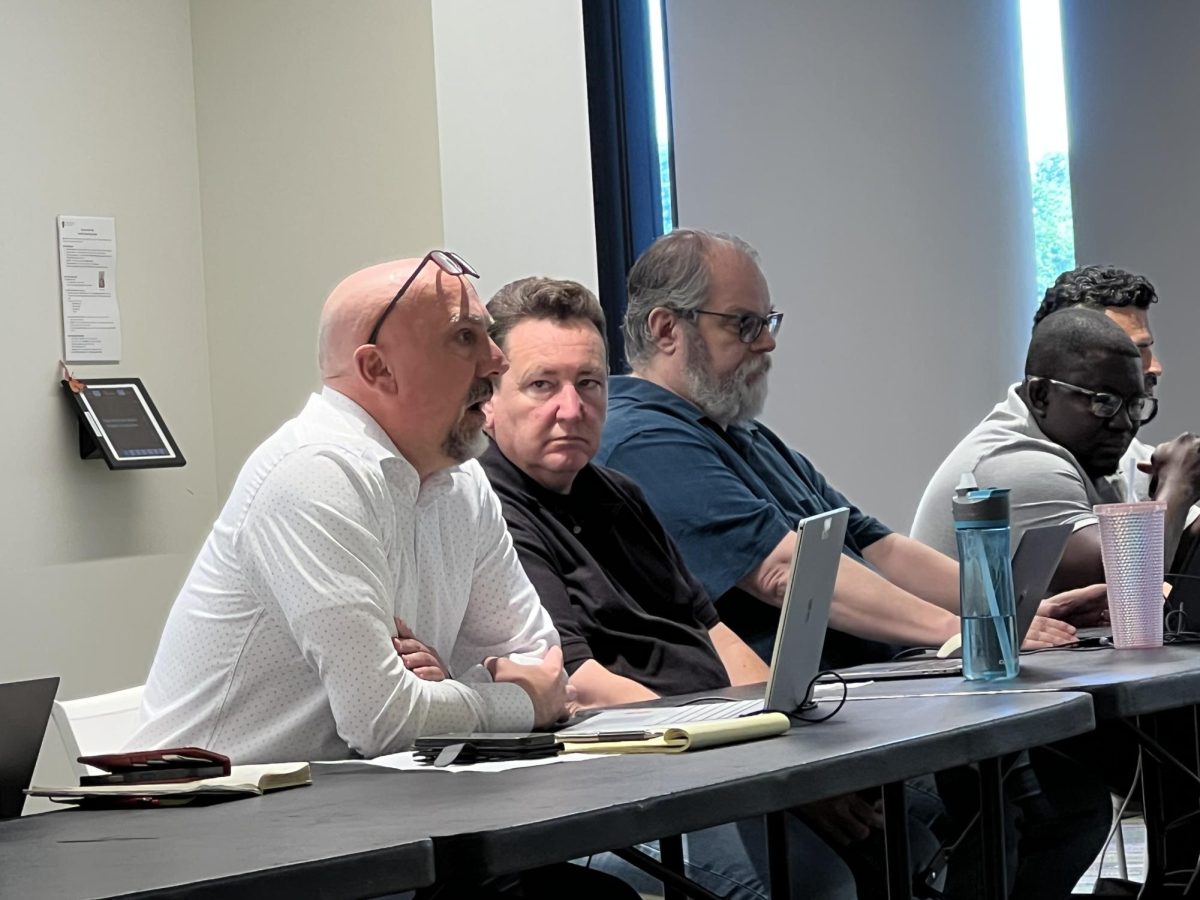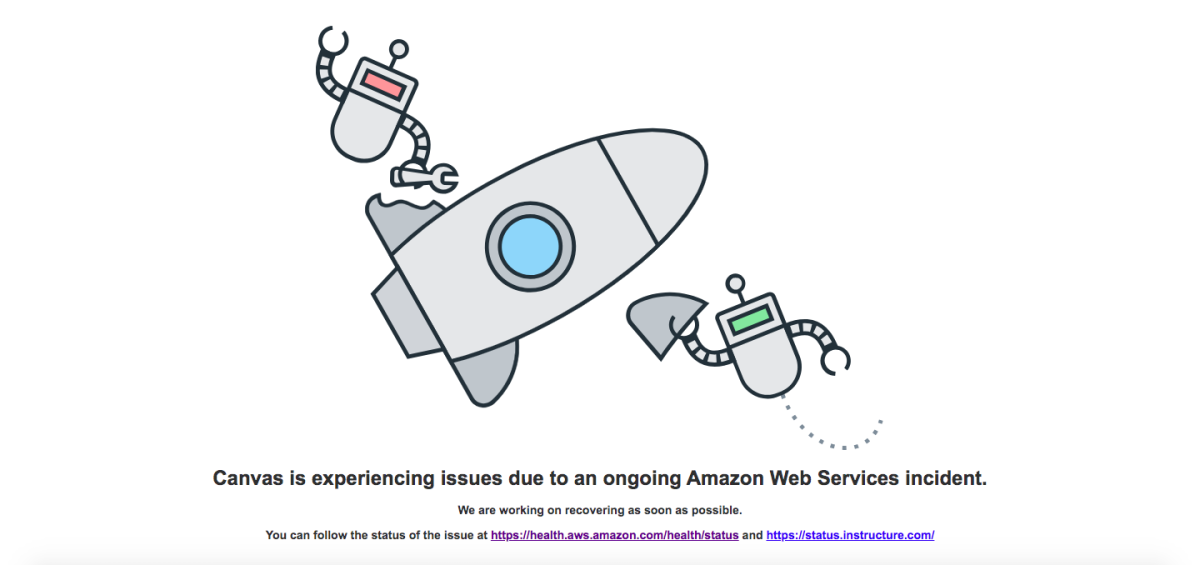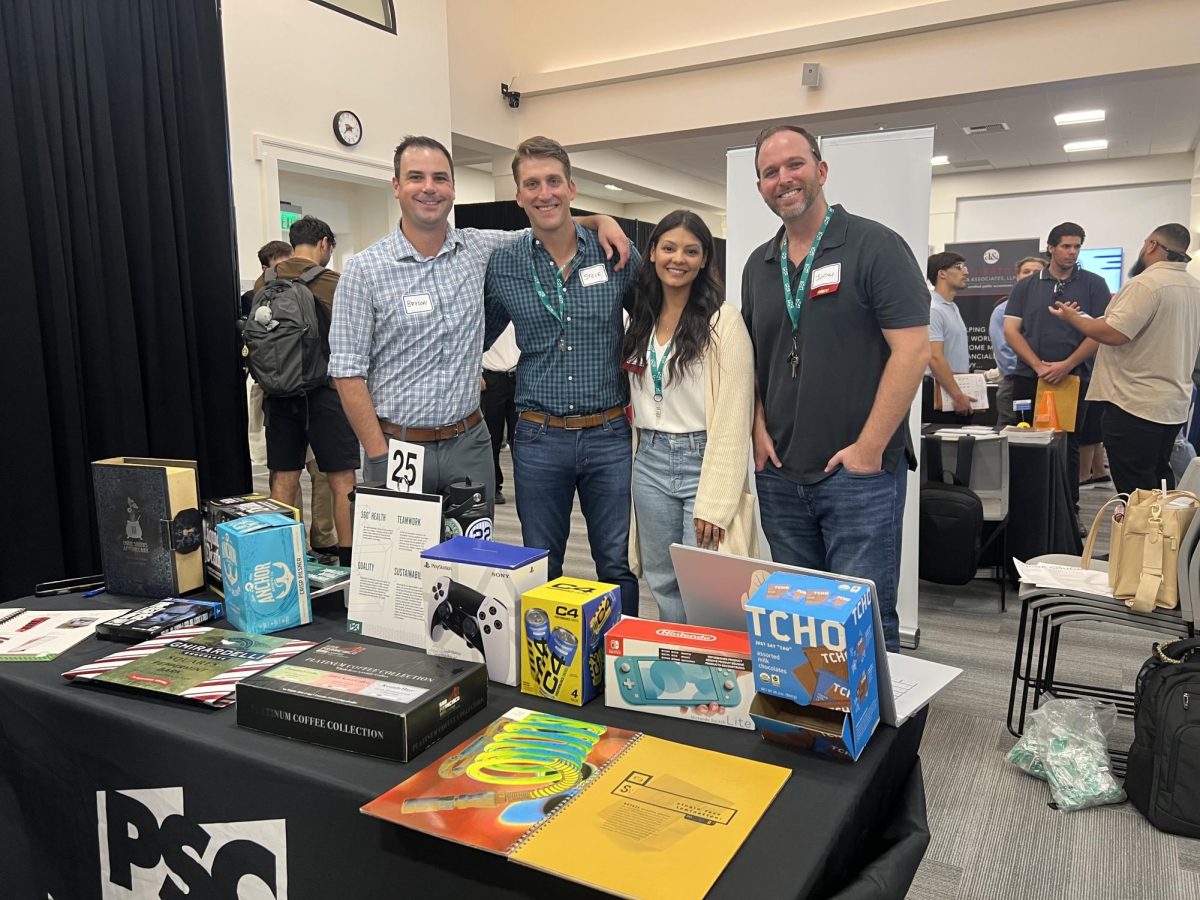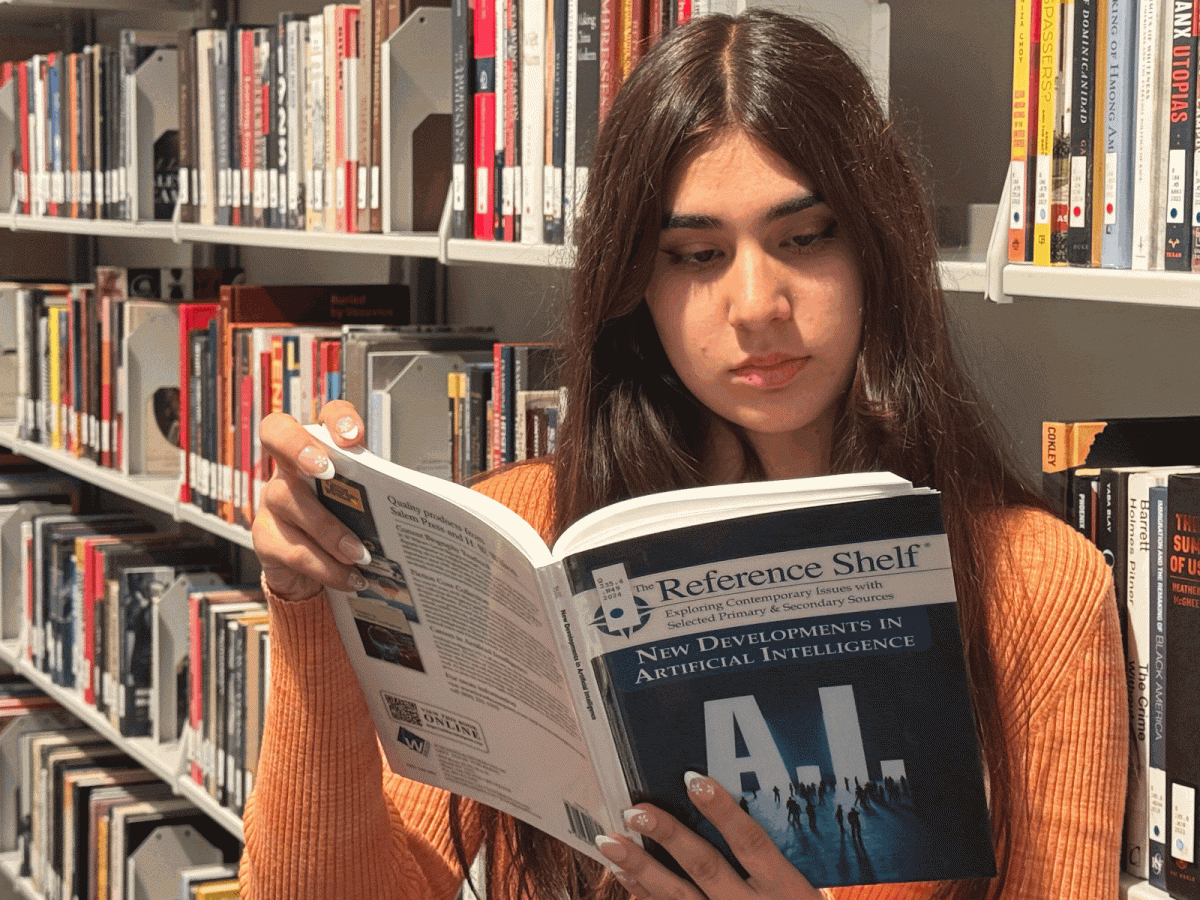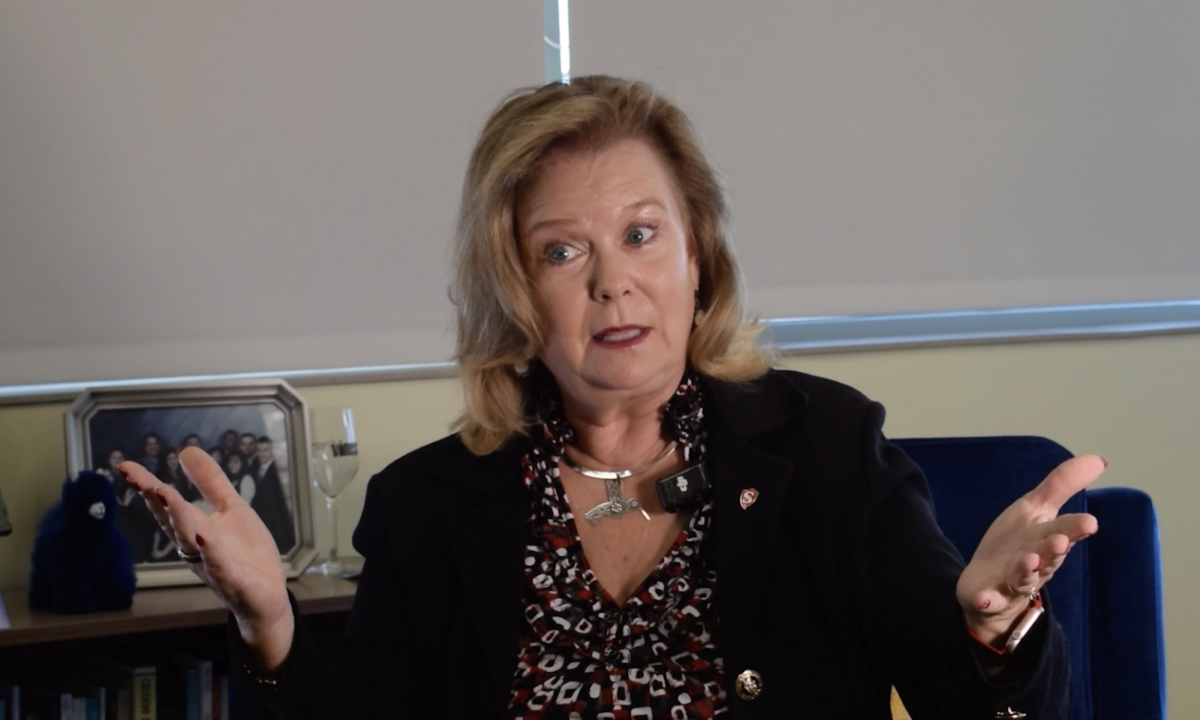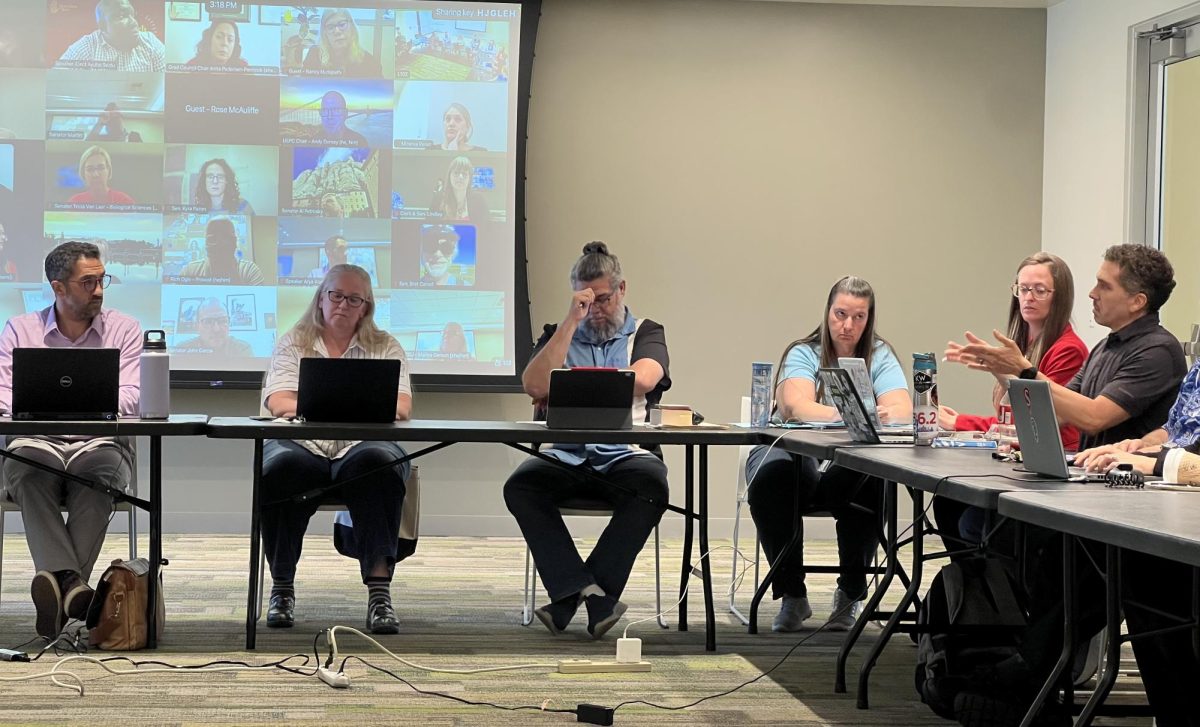On Monday, April 19, the Modern Language Association (MLA) released the 9th edition of the MLA guidebook. Changes were made regarding the use of electronic sources, something we have all been using more of since the beginning of the COVID-19 pandemic. The MLA style guide and other style guides for that matter including APA, Chicago Style, and many more are tools that writers and readers utilize to enhance the authority of the text they are working with.
It is often joked (usually about algebra) that some of the things we learn in school become useless after graduating. For those in majors or careers that aren’t using citation and format style guides, this farce falls perfectly in place. In today’s world, information is being shared on the internet at what seems like an exponentially rising rate. Some of this information is not factual. The question is how to decipher fact from fiction.
One great way for any reader to identify the properly reinforced and represented argument from the one pulled from thin air is to look for a citation, or hyperlink, which are common in online articles. Laura Rocco, the Outreach and Student Engagement Librarian here at CSU Stanislaus, stated she always looks for hyperlinks when reading online articles.
Looking for hyperlinks is something anyone who reads or writes can and should do. Warrior Grill employee Caesar Segovia stated, “It depends on what I’m looking at, for example, DMX [famous rapper who recently passed away] got carried away in a monster truck. I wouldn’t have known that was real if the link wasn’t there.”
Segovia’s brother Isaac, a Turlock local, stated, “I don’t believe it if there isn’t a link. Well unless that link is to the Onion.”
Graduating Turlock High School senior Mercedes Martinez has been using citations and stylized formatting since 8th grade. She explains that the idea of using citations in college does not intimidate her. “I’m not really nervous or anything since they [citations] aren’t anything new to me…Some classes make us use in-text citations but not all of them…I don’t feel nervous about using them in college.”
Aside from the potential theft of intellectual property, a lack of citations leaves the reader to rely on the word of the writer, who depending on their credentials, may or may not be qualified to make the claim they are asserting.
For those who do plan to further their education, Dr. Scott Davis, Professor of English, and Laura Rocco both recommend spending some time becoming familiar with the styles and citation rules, since their use will become more critical in graduate school programs. Any graduate student seeking help with formatting styles are in luck.
The library recently started a tutoring program designed to help graduate students with their writing, specifically with citation usage. According to their website, the program is “in partnership with the Center for Excellence in Graduate Education (CEGE), the writing center provides graduate students the opportunity to work one-on-one with faculty on their writing projects.” If a tutoring session doesn’t fall into the understandably busy schedule of students, the library has other options for help with citations. They offer a great reference guide and for a nice medium option. There is also always a live chat option.
For aspiring educators, especially at the university level, the MLA is an important association to keep an eye on. This is because the MLA holds large job fair events with capacities reaching into the thousands designed to employ aspiring educators out of grad school. However, the MLA is not the only association that does this. There are associations like the American Psychological Association, the American Historical Association, the American Sociological Association and many more related to different fields of study. These associations play a sizable part in the lives of students and faculty alike. Many of the professors on this campus once belonged to or belong still to the association that belongs to their field of study.
Citation and formatting guides are not just a useless skill people will drop after leaving school. Recognizing and utilizing these various associations is beneficial to more than just academics because readers and viewers can benefit from recognizing the use of citations as a mark of authority and also proper representation of a person’s ideas.
Categories:
Citations: To Graduation and Beyond
Matthew James Bonzi
•
April 26, 2021
0
More to Discover

